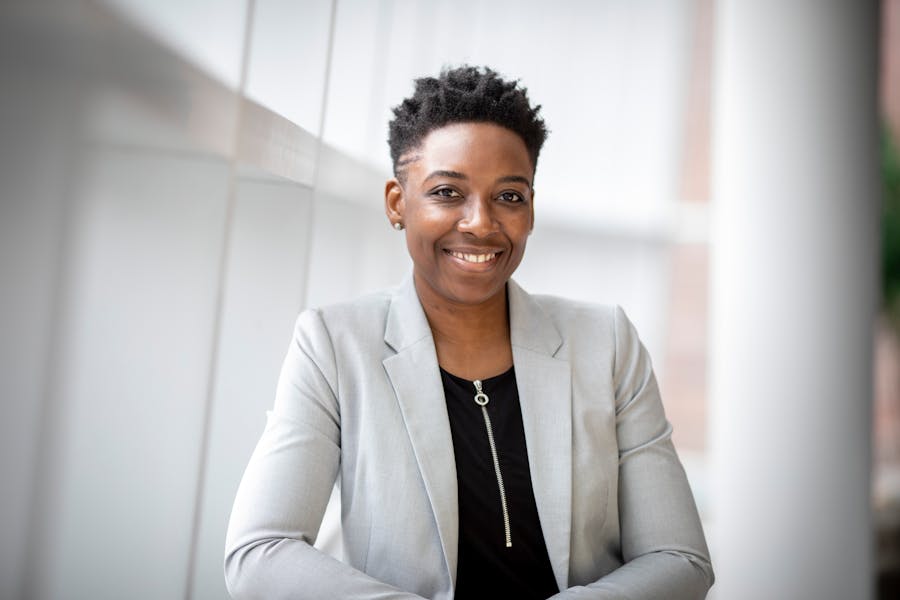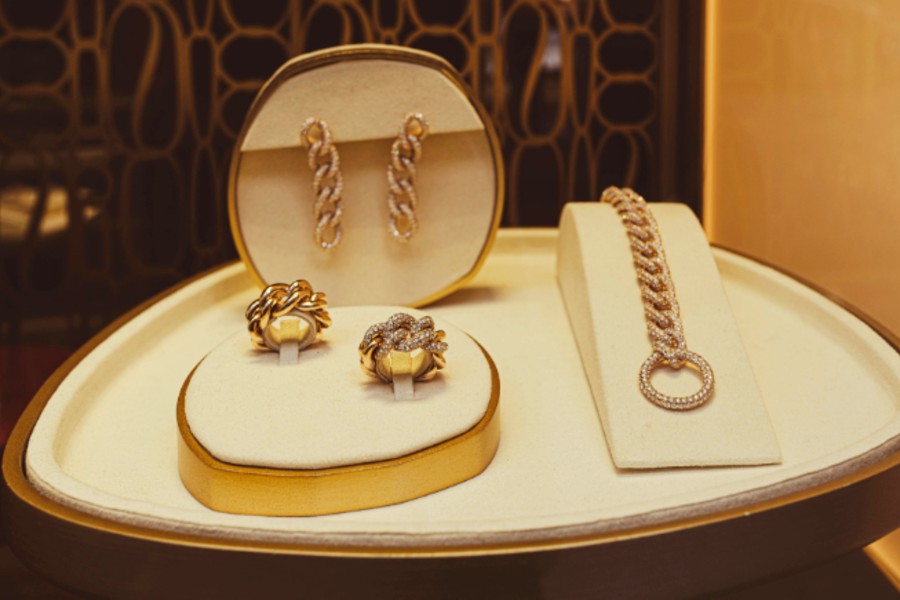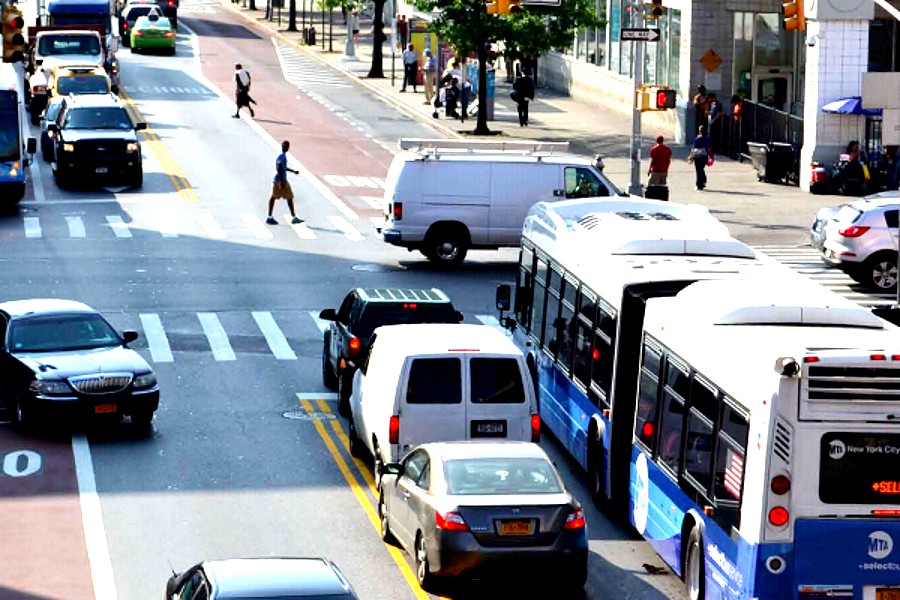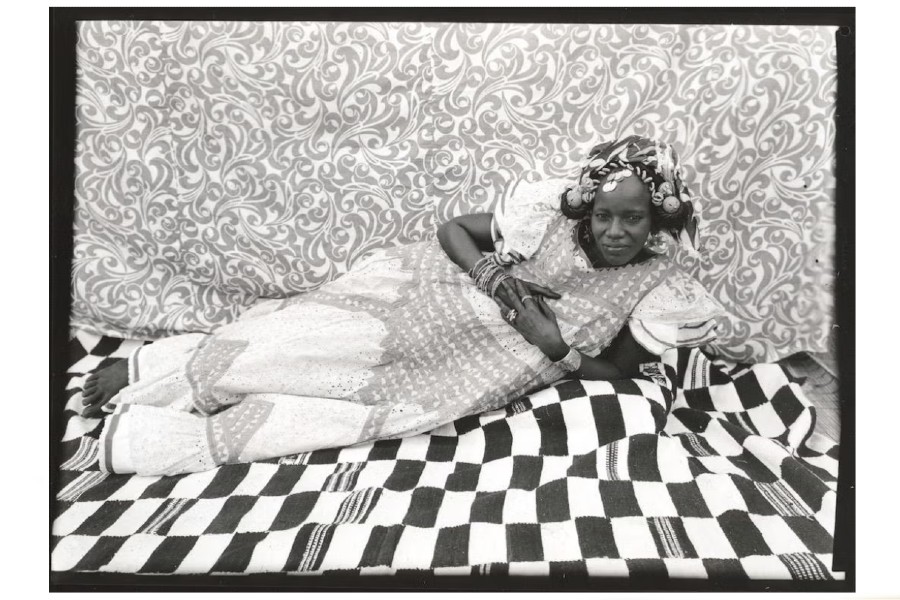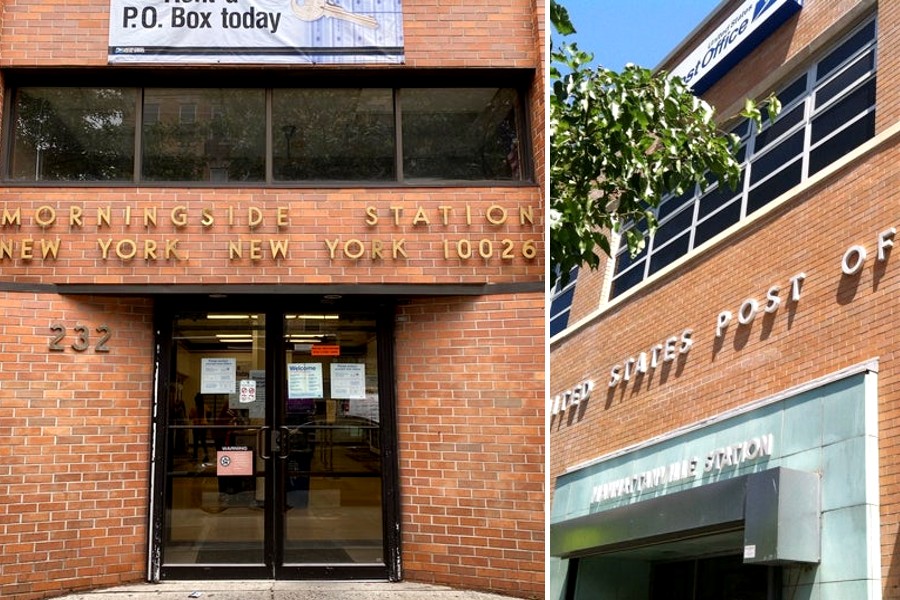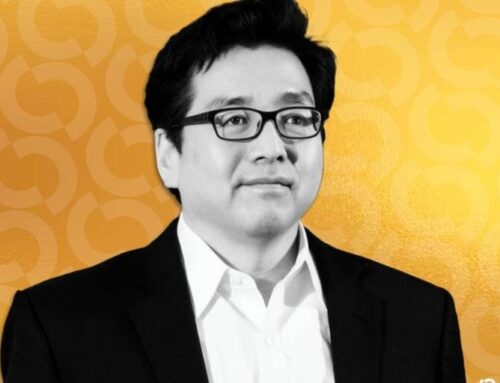Harlem’s Legal Cannabis Industry: NYC’s Quiet Economic Engine
November 17, 2025

By Jo Green
New York City Cannabis is an economic development masterclass. From my bird’s-eye view, I have seen opportunities for young adults to get valuable retail experience in a billion-dollar industry. As of November 2025, New York’s regulated cannabis market continues to mature, surpassing $1.4 billion in reported sales to date.
- From Nucleus and The Herbal Care on the Upper East Side
- Just A Little Higher, Superfly & The Sanctuary Garden on the Upper West Side
- Tetra, Conbud & Bronx Joint in East Harlem & The South Bronx
- Gotham Buds, Dynasty Commodities & Midnight Moon in Central Harlem
- Sparkboro, Broadway Strains & Happy Munkey in Washington Heights in Dyckman
“Equity is not a slogan—it’s the structure,” said L. Simone Washington, chief equity officer of New York state’s Office of Cannabis Management. “Across every region and license type, SEE entrepreneurs are proving that when access meets accountability, New York builds an industry that works for everyone.”
Never miss new stories in Harlem
Yet the elephant in the room is that these are some of the only businesses thriving in a city that was once known for its vibrant small business community. Rising costs, COVID social restrictions, and automation have stripped New York City of lots of its cultural staples, and it seems now that businesses are warming up to what legal cannabis could do for the neighborhood.
The most common license is that of a retailer, which entails sales of licensed brands to patrons over the age of 21. From the sleek architectural detail in Torches, a Dominican-owned dispensary on East 42nd Street reminiscent of a 1960s cigar bar for the elite, to the groovy retro feel at Superfly on 86th, even if you don’t partake, these dispensaries are carefully curated with local art and odes to NYC culture.
When I crossed the bridge in Ridgewood, Queens, I met Fernando Pena, a cool, creative entrepreneur who nestled his shop, Late Bloomers, in a district surrounded by vinyl record shops, coffee bars, and boutique clothing stores. Fernando typically checks patrons in at the front of his shop, which restricts entry for anyone under the age of 21; but many times you see residents roam in just to have a chat with Fernando about a myriad of things, from music, art, and community activations.
If retail isn’t your jam, there is a robust community in supply chain and ancillary-based services that the industry brings as well. For many people who were laid off in other industries due to COVID, cannabis licensure created opportunities in the supply chain and sales, especially for Harlem residents. While in Harlem, I met Julian Smith, president and CEO of Sow Real Farms, who is introducing their new cannabis strain Trap to Table. Smith, a NY native, has built a career traveling around Canada, Michigan, and other licensed states, building out cultivation facilities, overseeing horticulture, and quality assurance. To do this, and to meet state’s standards, this requires rigorous testing, compliance stops, and seed-to-sale tracing, to ensure products are all locally grown and are safe to be on shelves.
Smith was in a league of his own; he was one of the few Black-owned cultivator licenses in the state, and while he was great at that, he also did the brand’s marketing, assisted with sales & distribution & even did store pop-ups to interface with consumers. In a heavily taxed and regulated industry, veterans like Smith know the importance of staying lean and not scaling too quickly, as those who don’t understand the complexities can be in the red rather quickly.
Related Post: The HWM Green Guide: A Look At Legal Cannabis Venues In Harlem & Beyond
Then there’s savants like Pacino B, a Harlem resident and licensed processor and co-founder of HP Wellness, who prefers to stay behind the scenes and create the brands you see on shelves. He’s founded Structure Creatives, an agency fusing all things cannabis, tech, wine,spirits & hospitality. Even on a Sunday afternoon stroll at a Harlem coffee shop, Pacino has his laptop jotting down notes, and ensuring his brands stay compliant according to the Office of Cannabis Management’s stringent packaging & labeling requirements. These are to prevent the sale of cannabis to anyone under the age of 21. Procuring tamper free packaging, ensuring there’s no cartoons or kid like design, and ensuring patrons know the intended effects are all things that keep Pacino busy. Yet, as a visionary, he sees the opportunity for economic development for the next generation of creatives, while also revitalizing business districts at the same time.
Lastly, there are those in the warehousing and distribution channel, a highly stressful and consuming job that’s rare for city business owners to have. Yet, one day, while in Harlem, I spoke to Buffy Clarke, owner of Sudsy Waters Laundromat in Central Harlem, who has applied for a license. Her laundromat and dry cleaner has been a staple on Adam Clayton Powell Blvd for years, yet when the COVID-19 pandemic hit and fewer people needed dry cleaning, Clarke began thinking of ways in which she could pivot her business. In an industry with few Black business owners, fewer are black women, and Clarke is pioneering uncharted land. Yet in a world where automation is taking over, and people value convenience, Clarke worries how much longer the self-serve laundry model can last–- and she’s right.
Lastly, while walking out of Gotham Buds this past Saturday evening, a young man with a southern drawl stopped me to compliment my letterman jacket. I asked, “With that accent, you can’t be from here.” Sure enough, he traveled from Tennessee with his family, and Gotham Buds was on his list of places to go. While New York has seen the economic impact of legalization, it’s still only one of 24 states with recreational programs, meaning that more than half the country still has criminal ramifications for possession of cannabis. While work in the industry is new, fresh, and feels transformative, I still worry about driving around with it in my car. I don’t travel with it when going to federal airports or going across state lines, and I realize people are still in jail simply for possessing or selling the plant. For those who were bold, scrappy, and risk-takers, legal cannabis has had its fair share of benefits, yet in our country, where intoxicating hemp was just banned, one would think the industry has taken five steps forward and four steps back.
Photo by Jo Green
Jo Green is a cannabis journalist and business strategist based in Harlem, NYC. With a passion for the cannabis industry, Jo provides insightful commentary on its evolving landscape while helping businesses navigate the market. His expertise blends creative strategy with a deep understanding of cannabis culture and trends.
Latest Posts:
- Sponsored Love: Custom Creations By Lexaco, Designing Jewelry That Tells Your Story
- Harlem’s Legal Cannabis Industry: NYC’s Quiet Economic Engine
- Mamdani’s NYC Tax Plan Fuels Flight Fears From Uptown To Other Towns Despite Data
- Ubuntu: The African Philosophy That Redefines Our Connection To Each Other
- Postal Service Reports $9B Loss, Seeks Reforms
Become a Harlem Insider!
From history to today’s headlines—everything Harlem, in your inbox.
Search
RECENT PRESS RELEASES
Related Post



